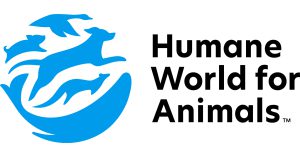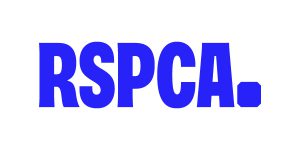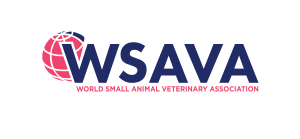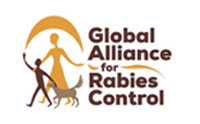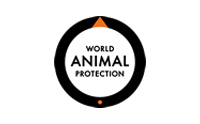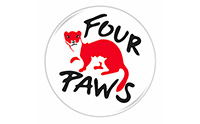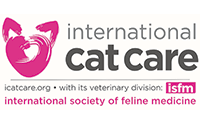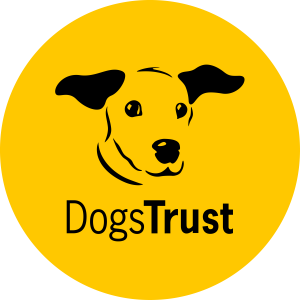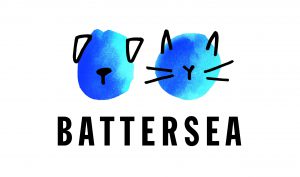
This World Rabies Day, the International Companion Animal Management Coalition urges governments around the world to adopt and strengthen the One Health approach with a clear and unmitigated focus on mass dog vaccination for eliminating rabies by 2030 – the United Nations Sustainable Development Goal target that all member states signed up to.
Every year 59,000 people die from rabies and millions of dogs are inhumanely culled in a misguided attempt to stop the spread of rabies. We know that killing dogs does not stop the disease. Removal of dogs through culling or for consumption undermines rabies control efforts. Indiscriminate culling and removal of dogs inadvertently targets the more accessible vaccinated dogs and brings down vaccination coverage (the number of vaccinated dogs as a proportion of the total dog population). It destabilises the population leading to a younger population of rabies susceptible dogs and leads to public upset and resistance against rabies control. What works is mass dog vaccination – the only efficient and proven way to eliminate rabies.
Humane Dog Population Management (DPM) can further contribute to rabies control by reducing unwanted or unmanaged dogs and reducing population turnover, keeping vaccination coverage high and therefore achieving herd immunity (when enough of the population is resistant so the virus cannot spread and dies out) to protect dogs and people. DPM is important to sustain the gains of mass dog vaccination.
Efforts to eliminate rabies not only has an impact on bite cases and mortality, but also a psychological impact, changing perceptions of dogs from animals to be feared to companions. Therefore, by eliminating rabies through mass dog vaccination, animal welfare and the treatment of dogs will also improve in addition to the human health benefits.
The ongoing global COVID-19 crisis has highlighted the interconnect between animal, human, and environmental health. The significance of the One Health approach to address current and future challenge cannot be overstated – with multiple sectors and stakeholders stepping outside their silos to collaborate towards common health goals. Rabies elimination is the perfect example of One Health in action – a focus on dog health that saves the lives of people and the enormous financial burden of this disease.
Rabies, despite being one of oldest known zoonotic diseases, continues to be one of the major public health problems in around 150 countries around the world. This is the disease that impacts the poorest countries and the poorest communities within them. Truly a disease of poverty that needs to be consigned to history books.
Search for an event or register your own World Rabies Day event on the GARC website.
Join the webinar on Monday September 28
Join the WSAVA’s 2 part webinar on September 28 to mark this year’s World Rabies Day. Bringing together stakeholders and experts, including the OIE, GARC and World Animal Protection to discuss the importance of humane management and animal welfare in the global fight against rabies.
Read ‘All eyes on dogs’
Read World Animal Protection’s ‘All eyes on dogs’ report on why dogs hold the key to rabies elimination. And what actions stakeholders must do to achieve the goal of ending human rabies by 2030.
Download the report in English, Portuguese/Português, Spanish/Español, Thai/??? or Mandarin/???.
About International Companion Animal Management (ICAM) Coalition
ICAM supports the development and use of humane and effective companion animal population management worldwide. The coalition was formed in 2006 as a forum for discussion on global dog and cat management issues.
Our key goals are to:
- Share ideas and data
- Discuss issues relevant to population management and welfare
- Agree definitions and hence improve understanding
- Provide guidance as a collegial and cohesive group
Contact information: info@icam-coalition.org
Twitter: @ICAMCoalition

